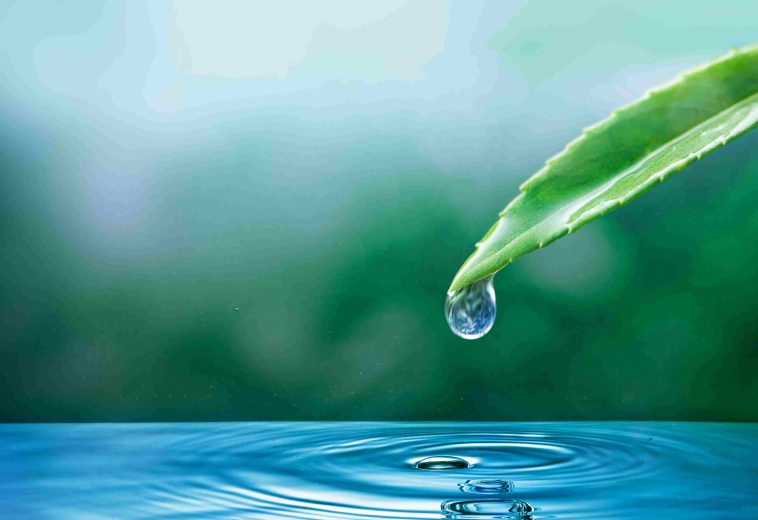Inbal Becker-Reshef is a leading expert in the use of Earth satellite observations for global food security and agricultural monitoring. In this capacity, she leads NASA Harvest, whose mission is precisely to anticipate phenomena that could disrupt and compromise this security. She has just launched a hotline aimed at governments, humanitarian organizations, and agricultural associations, funded, among others, by Google and Microsoft.
As the founding director of NASA Harvest, she is a key figure in the global agricultural monitoring program GEOGLAM – an informal initiative of the G20 – where she leads the Crop Monitor initiative. The latter provides monthly reports on the state and risks affecting global crops. Her research and findings are crucial for decision-makers facing extreme weather events, conflicts, or market volatility.
But Inbal Becker-Reshef is not stopping there. She is in the process of creating a new center called the Rapid Agricultural Assessment for Policy Support (RAAPS). This center is not yet operational but is currently under development and implementation. Its goal is to provide rapid and reliable assessments of global agricultural systems and their response to sudden and unforeseen shocks. The work began with monitoring and mapping agricultural losses using satellites and remote sensing. In essence, this represents an evolution and extension of her work with NASA Harvest and GEOGLAM Crop Monitor, aimed at developing rapid response capacities to crises.
A satellite hotline for agriculture
The RAAPS acts as a hotline for governments, humanitarian agencies, and agricultural associations. It uses satellite images processed and interpreted by AI models to quickly forecast potential crises.
The main areas of intervention of this future center are:
- Armed conflicts: one of Inbal Becker-Reshef’s first projects was to help Ukraine assess losses in wheat and cereals due to the Russian invasion.
- Extreme weather events such as droughts, floods, and other natural disasters.
- Situations with low data transparency: regions where information on agricultural production is difficult to obtain.
This new center has an initial budget of $7.7 million and employs 20 staff members. Its originality lies in its funding sources, which include Google and Microsoft. Google supports the project through Google.org as part of the AI Collaborative on Food Security, which funds solutions to prevent food crises. Microsoft contributes via its AI for Good Lab. Other funders include the startup Planet Labs – specialized in satellite imagery and alerts – as well as NASA and the FAO.
The new center is temporarily based at the University of Maryland in College Park – where Becker-Reshef earned her PhD – until a final decision is made on its future location in either Europe or the United States.
A tool for anticipation, alert, and information
The researcher is not the only one working on satellite-based agricultural risk monitoring. Crop monitoring organizations have multiplied in recent years, adding new sophisticated tools to preserve food security.
Last June, researchers from the Massachusetts Institute of Technology (MIT) unveiled the Jameel Index, which generates food trade vulnerability scores for more than 160 countries. They plan to include the impacts of future climate change scenarios on trade in order to aid planning. That same month, the nonprofit organization Earth Genome launched an application that visualizes a complex network of global food flows and interdependencies.
However, until now, there has been a lack of rapid tools for anticipating, alerting, and informing about various types of agricultural crises. This is the gap that Becker-Reshef seeks to fill.
The new center is the result of numerous climate and agricultural disruptions in recent years. Becker-Reshef’s work took a decisive turn with the invasion of Ukraine. Since the war began, she has continuously assessed the damage caused by Russia. She monitors both new and existing Ukrainian plantations, quantifies abandoned farmland, and provides crucial information. As a result, the data supplied to Kyiv helped the Ukrainian government limit restrictions on grain exports.
The team is also working on quantifying the damage to rice harvests caused by flooding in Pakistan, the impact on crops in abandoned areas of Sudan due to civil war, and similar issues in North Kivu in the Democratic Republic of Congo.



